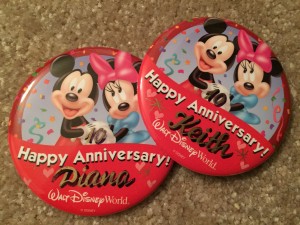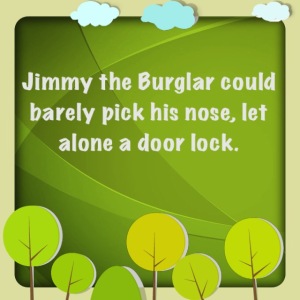Completing a 100,000 word manuscript is a daunting task. Craft elements can go rogue and crash a well-intended plot. Months, and yes, years pass in the process of writing and editing. Babies are born. Children graduate from school. And everyone grows older except for the fledgling characters in the story. For many, even writers disciplined enough to attend writers’ groups, workshops or conferences, the hurdle of a completed manuscript is too high, at least initially. If the goal is publication, then contests are an opportunity to build a writing resume.
Ah contests, I remember them well – working each entry until the last minute before the midnight deadline, correcting stupid (and stupider) mistakes and editing phrases or lines to finish with the right word count or page number. For the price of a contest entry fee, you get all this nail-biting and neurotic sort of fun.
Fortunately, contests also provide a test market for your work, a marking to market of your ability. In other words, how do I compare to a pool of equally aspiring writers? Sometimes, the winners, especially in literary magazines, are so amazing I’m tempted to abandon writing and begin any number of long neglected chores like taxes, continuing education or even cleaning. Other times, the winning entries bring a jaw dropping, head scratching, and audible “huh.” Writing is the quintessential Olympic ice dancing event as opposed to the timed or measured track and field sport.
You can slant the odds in your favor. Creative pursuits require sound project management grounded in probability. For example, is it possible that I might get my first-ever written manuscript published? Yes, but it’s not probable. Can I hone my skills and compete in contests with a possibility of publication? More probable. A combination of strategy, research, practice and numbers makes small wins lead to bigger wins.
Strategy begins with contest selection. Highly advertised contests receive more entries. If my odds of getting struck by lightning are higher than winning – all ego aside – I’m skipping the contest. Contests held by non-writing organizations draw a wider range of writing levels and are better for increasing the odds of placing at the top. Note – the uber literary MFA types are less likely to enter a short story contest sponsored by Ducks Unlimited. Competing against unpublished writers, defined differently by each contest, is another viable strategy. Additionally, research can enhance strategy. I read the publications hosting the contest or writing samples of the past winners. If the judge is announced, I research (i.e. internet literary stalk) the judge’s style, education, publications and demographic factors that might make an entry emotionally connect with him or her. Know the audience. My writing improves from the research alone (if I’m not driven to binge cleaning by the past years’ winners).
Compared to the first two steps, practice is the easy part of the process. This year, my practice area is short stories, and in the coming blog posts, I will share more about short stories, contests, and publications. Finally, the contest process depends on the law of averages – the numbers. The more contests a writer enters (assuming strategy, research and practice) determines the likelihood of success. With that in mind, here is my plan for the coming year, and perhaps, your plan also:
- Search for smaller, less publicized contests.
- Compile a contest spreadsheet sorted by deadline and word count lengths.
- Assess your current writing inventory available for contests.
- Look for opportunities to experiment with different lengths or genres.
- Identify specific contest deadlines within the next three months.
- Research the publication, contest winners, and judges.
- Write. Edit. Edit. Write.
Submit. Wait. Submit again.

